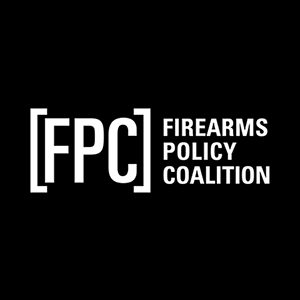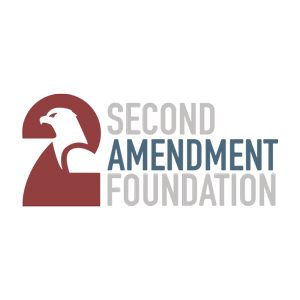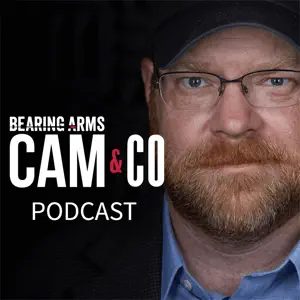
In layman’s terms: The U.S. Court of Appeals for the Fourth Circuit ruled that the U.S. law disarming those who have been involuntarily committed to a mental institution is generally Constitutional.
On July 29, the United States Court of Appeals for the Fourth Circuit issued a ruling addressing the subject of hospitalization for mental health issues and gun ownership.
The 24-page opinion in the case of The United States v. Gould is notable in that it stresses the narrow scope of its ruling upholding Mr. Gould’s conviction:
We emphasize the narrowness of our holding. Disarmament under § 922(g)(4) is facially Constitutional because situations exist where it may be applied consistent with the Second Amendment. We express no opinion on as-applied challenges to the statute.
The defendant, Mr. Gould, brought a facial challenge after pleading guilty to violating 18 U.S.C. § 922(g)(4) by possessing a firearm after having previously been involuntarily committed to a mental institution. A facial challenge is an assertion that the law is effectively Constitutional in all of its applications. He did not challenge his particular circumstances, nor had he attempted to restore his rights previously.
In its analysis, the court leaned heavily on the Rahimi case. (In a nutshell, Mr. Rahimi was an admittedly violent individual who assaulted his ex-girlfriend, threatened her, and fired a gun at a witness, leading to a restraining order. He was later found with firearms, violating the law.
The Court’s decision in United States v. Rahimi, 602 U.S. 680 (2024) is helpful here. Rahimi challenged 18 U.S.C § 922(g)(8), which prohibits possession of a firearm by an individual who is subject to a court order that “includes a finding that such person represents a credible threat to the physical safety of [an] intimate partner or child.”
As applied to Mr. Gould, the Court noted:
The problem for Gould is that West Virginia does not require a finding that an individual is no longer a threat for them to be released from involuntary commitment. Rather, release may be granted when a medical official determines that “the conditions justifying involuntary hospitalization no longer exist or that the individual can no longer benefit from hospitalization.” W. Va. Code Ann. § 27-7-1.
The court notes that the statute being appealed has its origins in the Gun Control Act of 1968, and specifically addresses those who had been adjudicated mentally incompetent or committed to a mental institution. It also acknowledges that, “by its plain terms, § 922(g)(4) operates as a lifetime ban on possessing a firearm.” However, since 1992, there has been no mechanism to apply for relief because Congress has “…repeatedly barred the Attorney General from using appropriated funds to investigate or act upon [relief] applications.”
The Court observed historical traditions from the founding era of detainment, hospitalization, and incarceration of persons who we might consider “mentally ill” today, citing instances in 1676, 1727, and through the founding in the 1750s and up to 1788.
The key takeaway in this case is that although the court emphatically stated, “Disarmament under § 922(g)(4) is facially Constitutional because situations exist where it may be applied consistent with the Second Amendment,” (emphasis ours), it left open the possibility that as-applied challenges for individuals in that district could certainly be entertained.

















